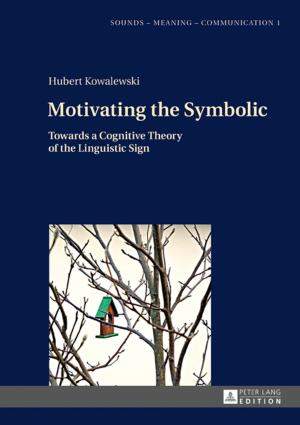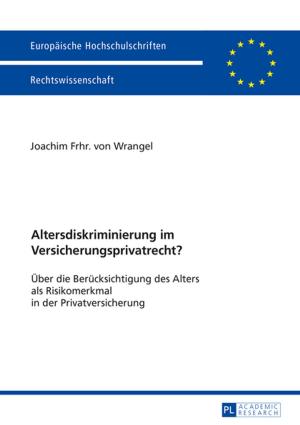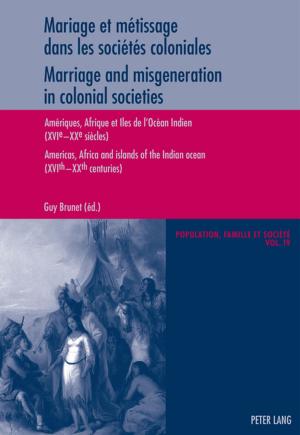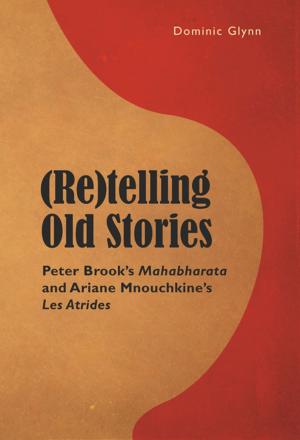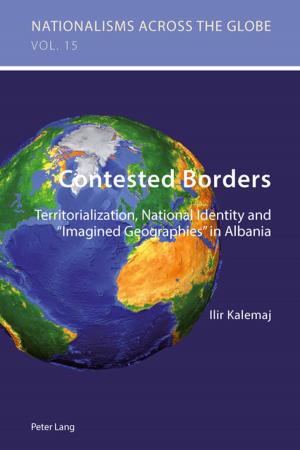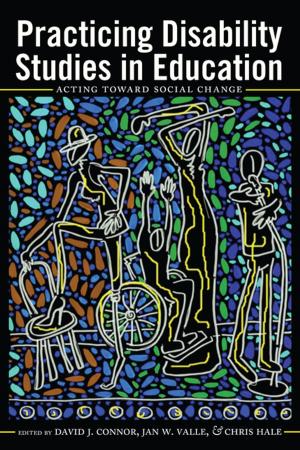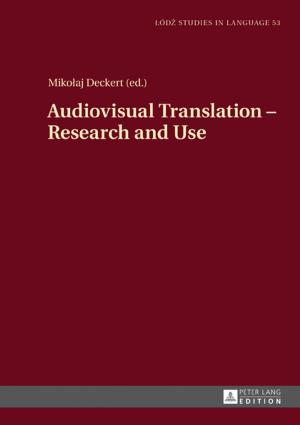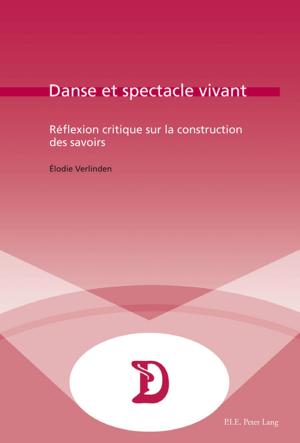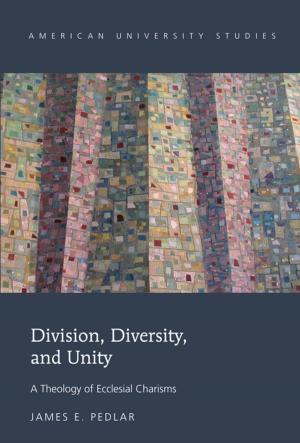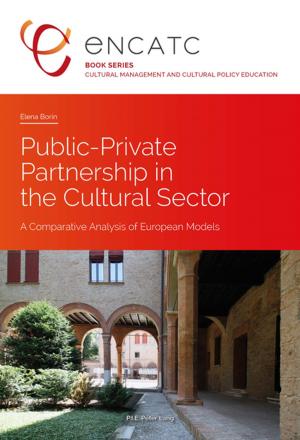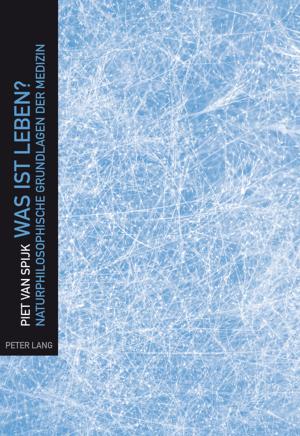Language, Identity and Urban Space
The Language Use of Latin American Migrants
Fiction & Literature, Literary Theory & Criticism, European, Spanish & Portuguese, Nonfiction, Reference & Language, Foreign Languages, Spanish, Language Arts| Author: | Tabea Salzmann | ISBN: | 9783653981827 |
| Publisher: | Peter Lang | Publication: | October 16, 2014 |
| Imprint: | Peter Lang GmbH, Internationaler Verlag der Wissenschaften | Language: | English |
| Author: | Tabea Salzmann |
| ISBN: | 9783653981827 |
| Publisher: | Peter Lang |
| Publication: | October 16, 2014 |
| Imprint: | Peter Lang GmbH, Internationaler Verlag der Wissenschaften |
| Language: | English |
Migration as a process has achieved increasing attention in the context of nation-states and globalisation. In linguistics the field of language contact is particularly associated with this phenomenon. This book investigates the connection between language usage, migration, space, in particular urban space, and the constitution of cultural identity. Two corpora of Andean migrants’ Spanish conversations in Lima and in Madrid are analysed. The resulting comparative analysis provides the material for considerations on language contact, code copying, discourse strategies etc. Throughout the book a new theoretical approach based on linguistic ecology is used. It includes the concept of a general expanded feature pool, which is the basis for language use and identity constitution for migrants.
Migration as a process has achieved increasing attention in the context of nation-states and globalisation. In linguistics the field of language contact is particularly associated with this phenomenon. This book investigates the connection between language usage, migration, space, in particular urban space, and the constitution of cultural identity. Two corpora of Andean migrants’ Spanish conversations in Lima and in Madrid are analysed. The resulting comparative analysis provides the material for considerations on language contact, code copying, discourse strategies etc. Throughout the book a new theoretical approach based on linguistic ecology is used. It includes the concept of a general expanded feature pool, which is the basis for language use and identity constitution for migrants.


